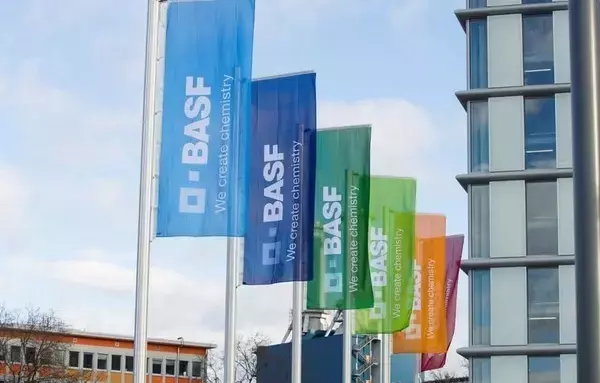
In a significant development for sustainable agriculture, BASF has announced remarkable progress with its Pragati initiative. This program, dedicated to promoting sustainable farming practices among castor bean producers, has now certified over 8,000 farmers and covers more than 9,000 hectares of land. Since its inception, the project has seen a substantial increase in crop yields, ensuring a steady supply of sustainably sourced castor beans for global markets. The cultivation of certified castor seeds has surged to approximately 100,000 metric tons, up from 74,500 metric tons last year, highlighting the growing success of this initiative.
The Pragati program was launched following an extensive baseline survey conducted among over 1,000 castor oil farmers in Gujarat, India. Recognizing the need to improve agricultural productivity and farmer livelihoods, BASF introduced this initiative to promote environmentally friendly farming methods. Over the years, the program has not only enhanced crop yields but also significantly boosted the income of participating farmers. By adopting sustainable practices such as efficient water management, soil conservation techniques, and responsible pesticide use, farmers have been able to cultivate healthier crops while minimizing their environmental footprint.
One of the key achievements of the Pragati program is the certification of thousands of farmers who have embraced these sustainable practices. Through training and support, these farmers have gained valuable knowledge on how to optimize their operations. As a result, they are now producing higher-quality castor beans that meet international sustainability standards. This has led to increased demand from global buyers who prioritize ethical sourcing. The expansion of the program has also contributed to the overall economic development of the region, creating new opportunities for local communities.
As the Pragati program approaches its 10th anniversary next year, it continues to make strides in advancing sustainable agriculture. The significant rise in certified castor seed production underscores the program's effectiveness in improving both environmental outcomes and farmer prosperity. With ongoing efforts to expand and refine sustainable practices, the initiative remains committed to fostering a more resilient and responsible agricultural sector. Looking ahead, the program aims to build on its successes and further enhance the livelihoods of farmers while ensuring a reliable supply of sustainably grown castor beans for the global market.
